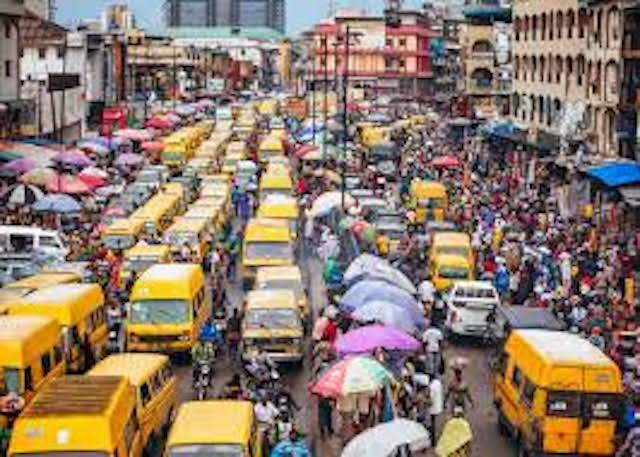This study, conducted in Lagos, Nigeria, paints a stark picture of the persistent challenges faced by residents years after the COVID-19 pandemic. It reveals a concerning prevalence of poverty, transportation difficulties, and social isolation, all of which significantly impact the health and well-being of individuals. The research, employing the health informatics tool MyStrengths+MyHealth, captured a holistic view of health, encompassing not only biological and behavioral factors but also crucial social and environmental determinants. A striking 88.1% of respondents reported insufficient income, highlighting the pervasiveness of financial insecurity. This struggle for basic needs creates a foundation of vulnerability, increasing the risk of both immediate health problems and long-term chronic conditions.
The study underscores the profound impact of poverty on various aspects of life. Insufficient income translates to inadequate housing, poor nutrition, and limited access to healthcare. Beyond the physical implications, poverty also erodes social well-being, creating a cycle of disadvantage. The constant stress of financial insecurity takes a toll on mental health, further hindering individuals’ ability to improve their circumstances. This research emphasizes the urgency of addressing poverty not merely as an economic issue but as a fundamental determinant of health. The findings call for a comprehensive approach that tackles the root causes of poverty and promotes social justice and health equity.
Transportation also emerged as a major obstacle for Lagosians. Nearly half of the respondents reported mobility issues, hindering their ability to access essential services, including healthcare. This highlights the crucial link between transportation infrastructure and health outcomes. Difficulties in commuting can prevent individuals from seeking timely medical care, leading to delayed diagnoses and potentially worsening health conditions. Furthermore, the study identified dangerous traffic and pollution as significant safety concerns. Exposure to these environmental hazards poses additional health risks, compounding the existing challenges faced by the population.
Interestingly, the study reveals a shift in the distribution of hardship. While rural areas traditionally faced greater disadvantages compared to urban centers, the research indicates that both urban and rural residents now experience similar levels of hardship. This suggests that the pandemic and its economic fallout have exacerbated existing inequalities and created new challenges for both populations. Over half of the respondents reported being able to afford only necessities, with nearly half struggling to purchase even basic items. This widespread economic vulnerability necessitates targeted interventions to improve access to resources and support systems for both urban and rural communities.
Beyond economic and transportation challenges, the study also highlights the impact of decreased social interaction and sedentary lifestyles on overall quality of life. The pandemic and its associated restrictions likely contributed to social isolation, limiting opportunities for social connection and engagement. This, coupled with increased sedentary behavior due to lockdowns and remote work, can negatively impact both physical and mental health. Promoting social connectedness and encouraging physical activity are crucial steps in mitigating these negative effects and improving the overall well-being of the population.
The findings of this study call for a multi-pronged approach to address the complex interplay of factors affecting health in Lagos. Government initiatives, institutional support, and community-led programs are all essential components of a comprehensive solution. Expanding access to affordable transportation, improving infrastructure, and addressing environmental hazards are crucial steps in creating healthier and more equitable living conditions. Furthermore, investing in social programs that promote financial security, provide access to nutritious food, and support mental health services are essential for breaking the cycle of poverty and improving overall health outcomes. Ultimately, a concerted effort from all stakeholders is required to address the social determinants of health and build a more resilient and thriving community.


